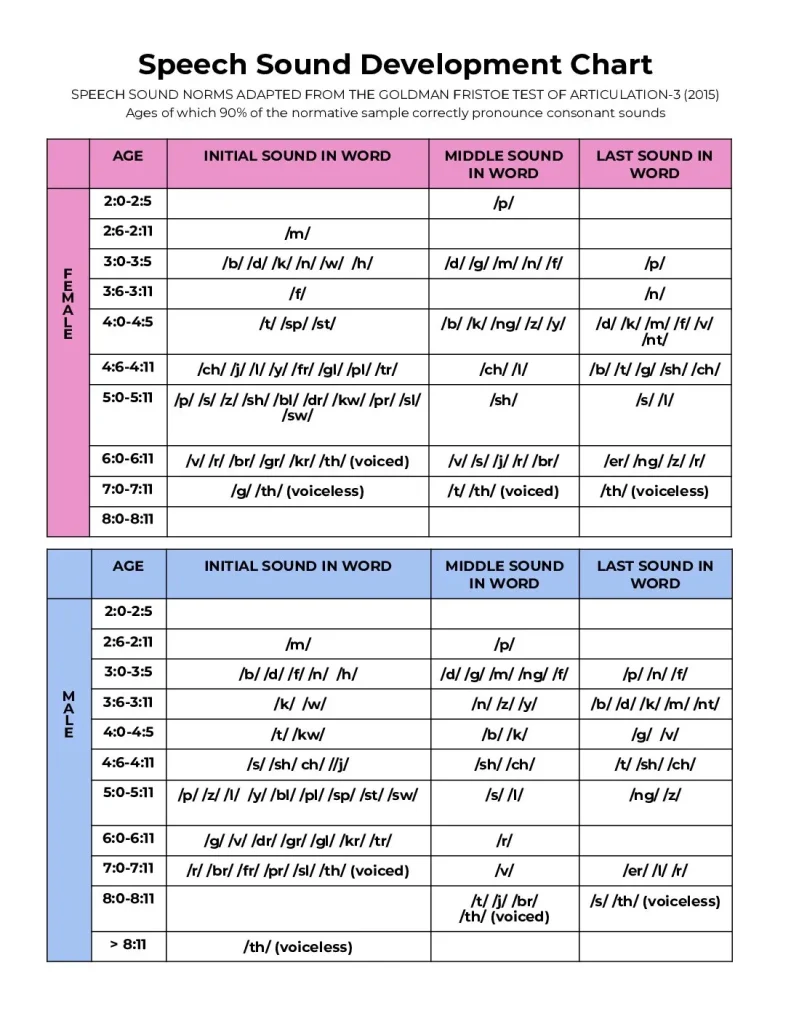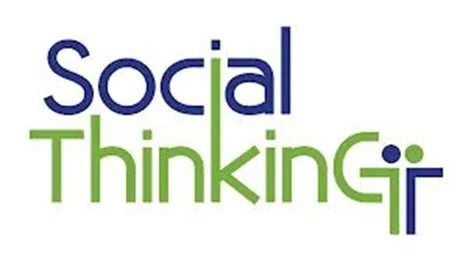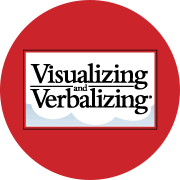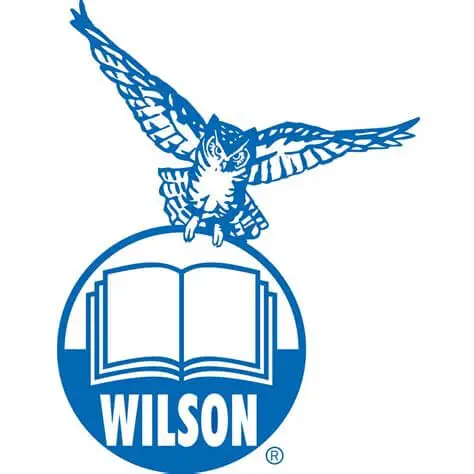Speech/Articulation Therapy
Speech & Articulation Therapy in Lexington, MA
What are the benefits of speech/articulation therapy?


Is Your Child Struggling to Be Understood?
Do you wish you could understand everything your child says without guessing?
Do teachers, family members, or friends have trouble understanding your child’s words?
Have you heard that your child should already be able to say certain sounds?
If so, you’re not alone and you’re in the right place.
Support for Speech and Articulation Challenges
As a speech-language pathologist, I help children speak more clearly, express themselves confidently, and connect more easily with others.
I know how hard it can be when your child struggles to communicate.
I know how frustrating it feels to watch them get misunderstood.
I know how much you want to help and I’m here to guide you every step of the way.
What You Can Expect
 Personalized Sessions Just for Your Child
Personalized Sessions Just for Your Child
Every child is different. That’s why I create a custom plan based on your child’s unique speech needs. We’ll focus on the sounds and patterns your child needs to master in order to speak more clearly.
 Fun and Effective Therapy
Fun and Effective Therapy
Therapy shouldn’t feel boring or stressful!
We’ll use play-based, engaging activities to keep your child motivated. While your child has fun, they’ll be learning how to:
Pronounce sounds correctly
Use language to express thoughts
Communicate clearly with others
Build confidence in their speaking skills
 Whole-Child Support
Whole-Child Support
Speech therapy isn’t just about making sounds it’s about helping your child succeed in everyday life. I support language growth, social skills, and emotional development to help your child thrive at home, in school, and with friends.
Parents Are a Key Part of the Process
You know your child best, and your involvement is essential.
You’ll learn simple ways to practice speech at home, and I’ll keep you updated on your child’s progress.
You’ll feel supported, included, and empowered every step of the way.
Why Families Choose to Work With Me
Choosing me means your child receives:
Kind and encouraging support
Proven methods that actually work
Therapy tailored to their personality and pace
A partner who truly cares about their progress
Together, we’ll help your child become a confident communicator with a bright future ahead.
Let’s Start This Journey Together
Contact me today to schedule a consultation and take the first step toward helping your child speak with confidence and clarity.
Services are available both in-person and online across Massachusetts.

Are you wondering if your child should be able to make a particular sound?
Speech sound development begins with a baby’s first sounds and progresses through early elementary years, with each sound emerging according to established developmental norms
Frequently Asked Questions:
What is Articulation Therapy?
Articulation therapy is speech therapy that assesses what sounds are difficult for your child given their age level and then works with them to help successfully pronounce these sounds accurately.
Articulation therapy progresses from:
Correctly hearing the correct and incorrect pronouncement of a sound
Pronouncing the sound
Pronouncing the sound in syllables
Pronouncing the sound in words
Pronouncing words in phrases
Pronouncing words in sentences
Pronouncing words in conversational speech
An essential part of therapy is daily practice at home. Therapy materials and ideas will be given to the child and parent to use at home.
How long is each session?
30-45 minutes once or twice a week
How long does articulation therapy last?
It is difficult to provide a timeline. There are many factors to consider:
Number of sounds the child has to learn to pronounce
Some sounds are more difficult to learn than others
Coexisting medical, cognitive, and/or learning conditions/disabilities
Amount of practice completed outside of therapy
Child’s age
What are the benefits?
Both you and your child will feel a sense of accomplishment and relief knowing they are saying sounds properly and they are fully understood.




